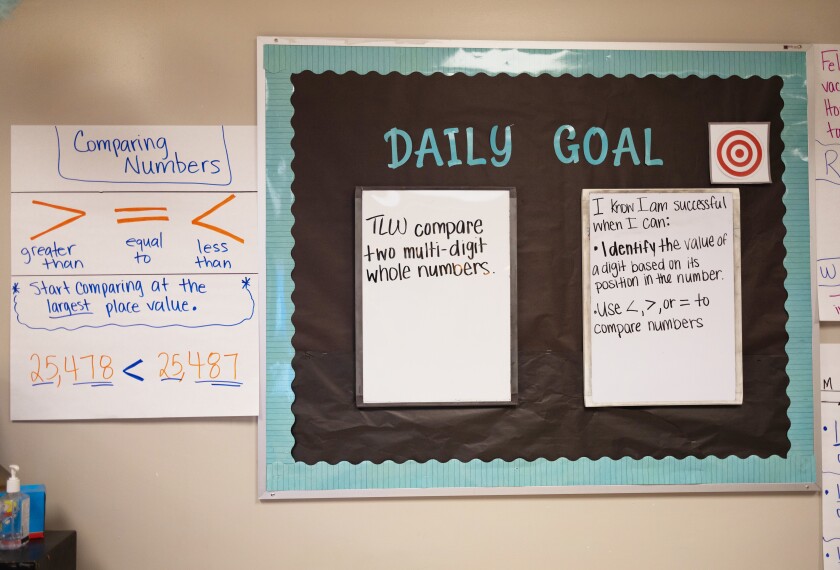In crime novelist Steve Thayer’s book The Wheat Field, a police officer pursuing a murderer seeks the assistance of a university psychology professor in profiling the assailant. In the course of their initial conversation, the professor, seeking a little background on the officer, asks him if he ever attended college. He responds by saying that, after serving during World War II as an Army Ranger, he attended for only one year because he found the classes of limited interest, and so far from reality.
Kiddingly, the officer adds: “You know, of course, that in the real world there’s no such thing as algebra.”
While this remark is humorous, like most humor it does have some basis in truth. The current fixation with algebra, requiring, for instance, one or two years of it to graduate from high school or prescribing it for 7th and 8th graders without exception, strongly suggests the examination of an algebra requirement.
No doubt, algebra is a steppingstone to higher mathematics and quite necessary in professions that require extensive knowledge of math. Too, it offers insights not only into numbers, but also into general problem-solving separately. It is also reasonable for most students to have some experience with it before they leave school.
The difficulty, however, is assuming that algebra, in itself, will greatly increase everyone’s ability to do the kind of mathematics that most people do in ordinary life.
The difficulty is assuming that algebra, in itself, will greatly increase everyone's ability to do the kind of mathematics that most people do in ordinary life.
Most people add, subtract, multiply, and divide, using whole numbers, fractions, decimals, and percentages. They purchase food and clothing, balance checkbooks, create budgets, verify credit card charges, measure the size of rooms, fulfill recipe requirements, and even understand baseball batting averages or horse-racing odds. These activities don’t require a real knowledge of algebra.
Experienced teachers know that mathematical readiness is a most important consideration in the success of a pupil in algebra. Pupils who are still having difficulty, for instance, converting decimals into percentages, or adding and subtracting fractions, should delay taking algebra until they are proficient in the fundamentals and gain confidence for a higher level of math.
This is not intended to criticize algebra, but the current craze to increase and require algebra without any other considerations is a reminder of some bygone years when we frantically had to catch the Russians after Sputnik, or the Japanese after that.
On a personal note, I took algebra in both high school and college, and always enjoyed it. Even so, I can’t really recall using it much, if at all, since I left school. And I’ve never had to solve for “two unknowns,” a task that was, in those long-ago days, a particular delight of mine.



